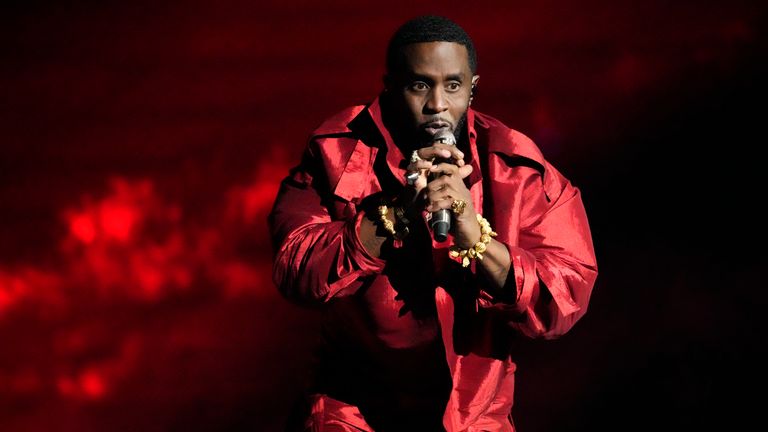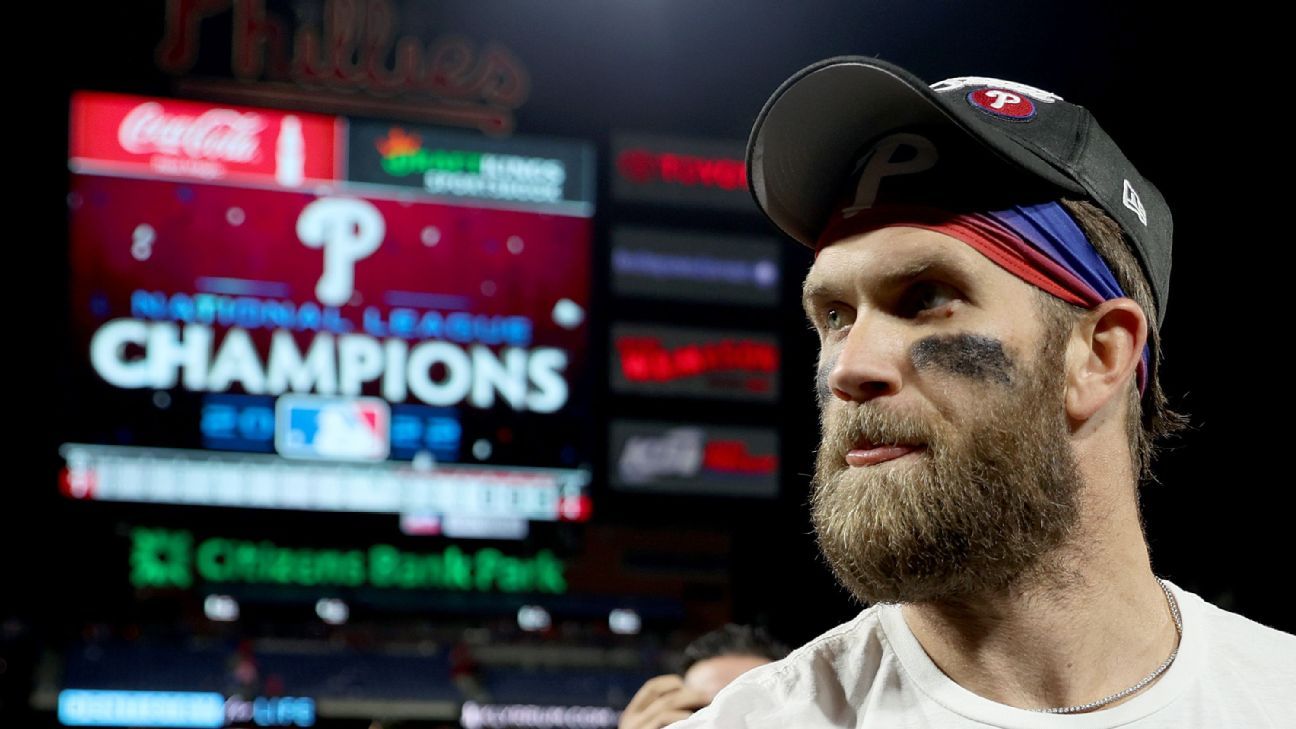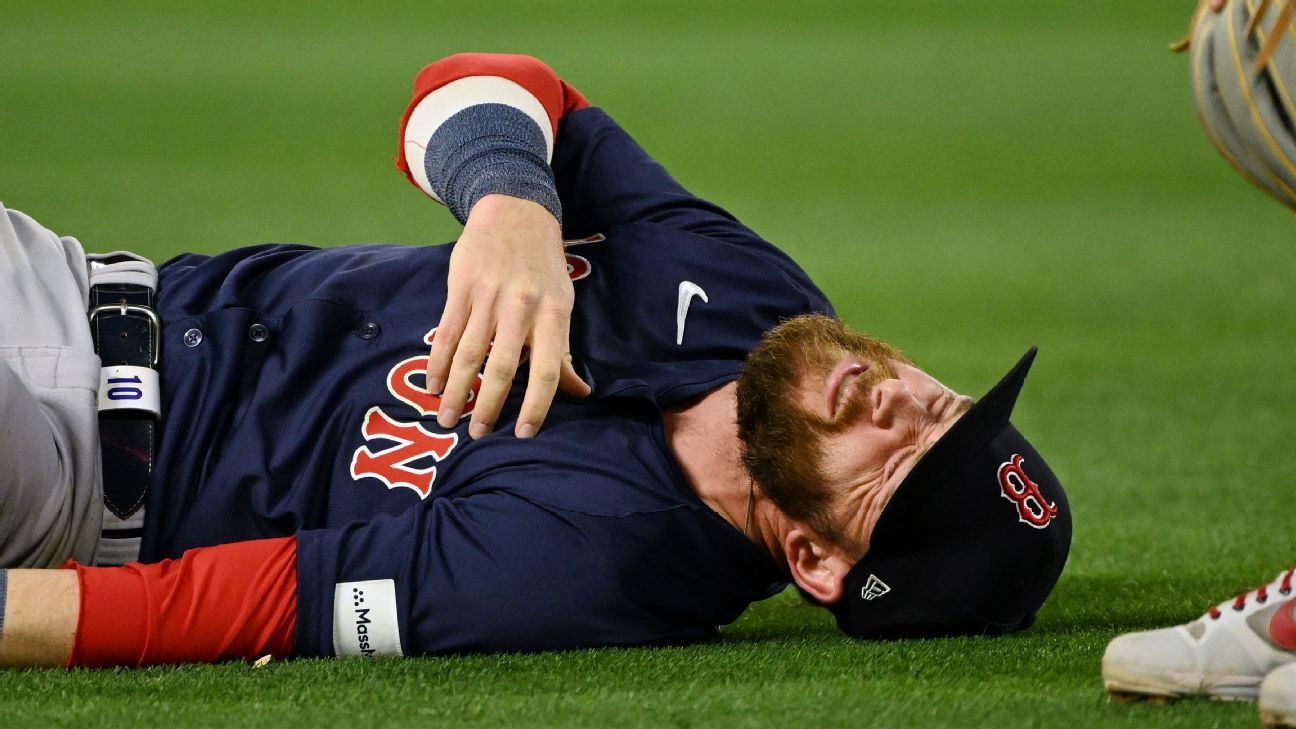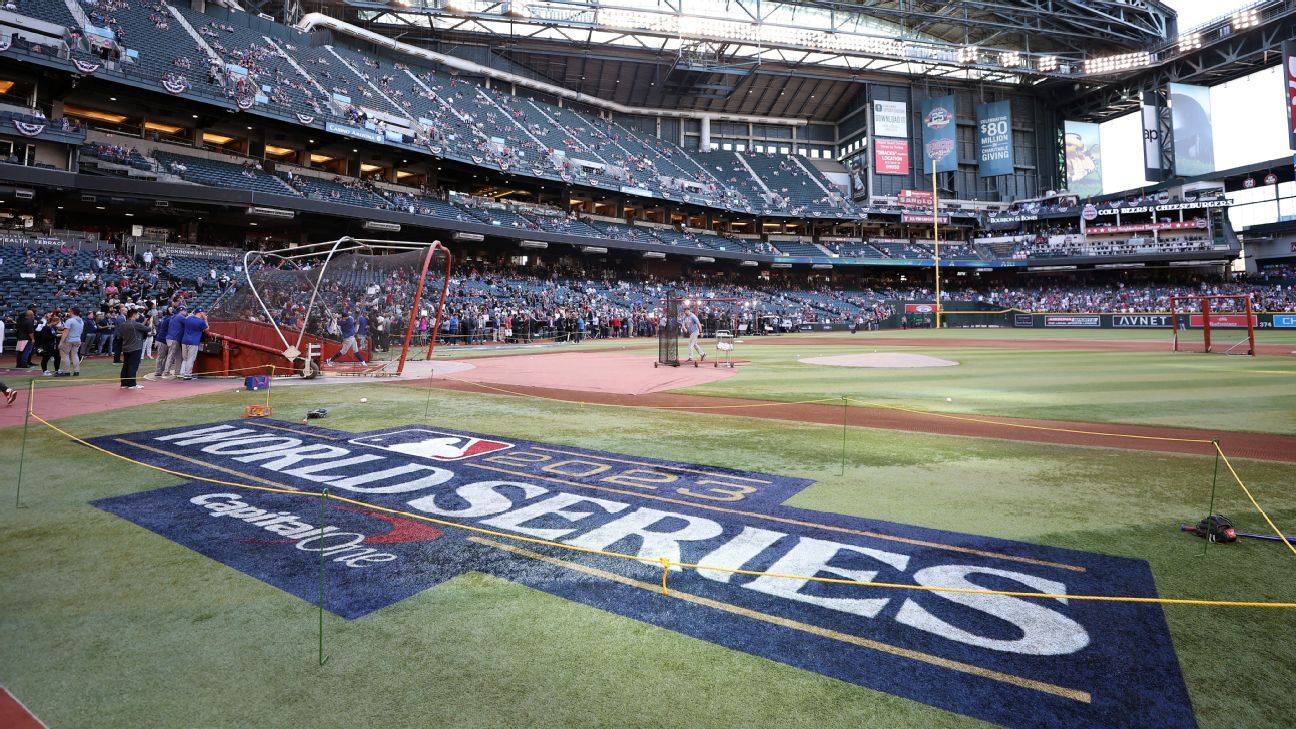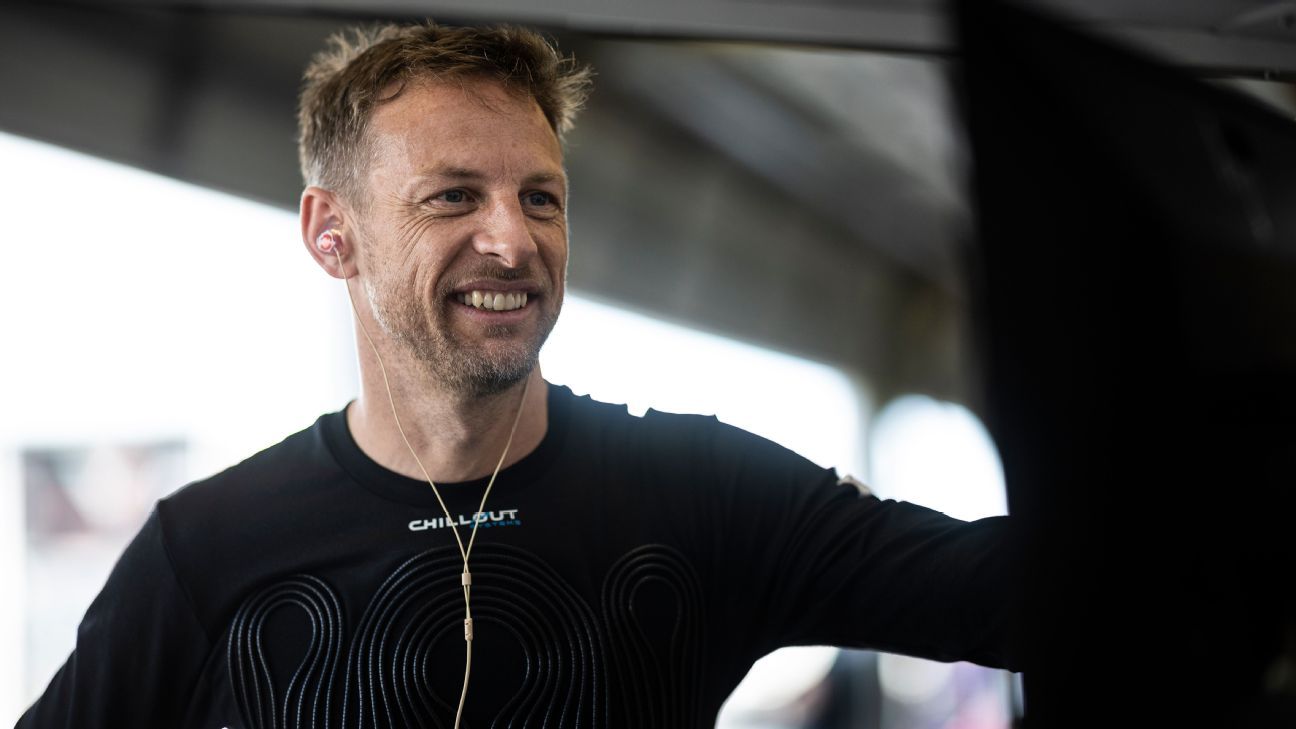This week at COP26, a number of nations and automakers agreed to target 100% zero-emission new car and van sales globally by 2040.
But 2040 is not only too late to reach our climate goals based on scientific consensus, it’s also a pathetic, low-effort commitment based on simple math.
30 countries joined the agreement, including the world’s second-most populous (and soon to be most populous) country, India. As did six automakers – Ford, GM, BYD, Mercedes-Benz, Volvo, and Jaguar Land Rover.
But there were a number of notable absences from the signatures. Major automaking nations like Germany, Japan, China, and the US were absent from the agreement (though some US states and the largest Chinese automaker both signed on). And plenty of large manufacturers were not included – the omission of Toyota and most other Japanese manufacturers was not a surprise, but Hyundai, Kia, and the Renault-Nissan alliance were notable absences from companies that have reasonably good new and upcoming electric vehicle offerings.
Even Voltswagen, which has been the loudest of incumbent manufacturers about its electric vehicle ambitions, was missing from the agreement.
Each individual entity may have its own reasons for not signing, so we can’t address each one of those reasons here. But we can show that not only is the 2040 timeline weak, but a 2035 timeline is both necessary and easy to achieve.
Science says 2035 is necessary
Earlier this year, the International Energy Agency released a roadmap detailing the path to net-zero carbon emissions globally by 2050. You can read the full report here.
Why 2050? Because that’s what will keep us in line with a global temperature rise of <1.5ºC, which is necessary to avoid the worst of the climate emergency we find ourselves in. This is the goal of the Paris Agreement and of COP26, the conference where the 2040 agreement was reached. So, by the goals of the conference, 2040 is already too late.
In IEA’s report, it details many steps that need to be taken, including that the world needs to stop investing in new fossil fuel projects this year, that new car sales must be 60% electric by 2030, and that all new passenger car sales must be electric by 2035 – not 2040.
There are other appeals in the IEA report, which we won’t cover all of in this article, but the net cost/benefit of all of these plans would result in over 2 million lives saved and 0.4% additional global GDP growth per year. So clearly, working to implement these plans and invest properly in a cleaner future will bring broad benefits to the world, and these benefits will be larger the sooner we act, and these steps are necessary to avoid spiraling environmental damage.
Math says 2035 is easy
But surely this will take a lot of hard work, right? It’s gotta be hard to shift all vehicle models over to electric instead of gasoline by 2035? Well, no, not really. And it just takes some simple math to show it.
A common rule of thumb in the auto industry is that a car model cycle will last about 5-7 years, give or take, before a significant “refresh.” And that car model will go from inception to production in about 5-7 years as well.
If we took every vehicle model on the road today and let them run to the “natural” end of their cycle, and we don’t make any changes to the current road map of all vehicles currently being worked on by all automakers, then we can still successfully make 2035 the year that the last gas vehicle is sold to consumers.
Any automaker that was dumb enough to start the design process of a new gas-powered vehicle this year can still spend the full 5-7 years designing that vehicle before launch (2021-2028), and then spend the full 5-7 years selling that vehicle through the end of its model cycle (2028-2035). Even at just that natural rate, it would still be right on the edge of the 2035 deadline.
2021 + 7 + 7 = 2035. That’s it. Simple math.
So 2035 is “free.” It’s an easy win, completely up for grabs. Anyone can take it with a modicum of effort. Just say that all current ICE projects will continue until their natural end date, and no new ICE projects will be started. Nobody on any project, anywhere within the country, needs to have their project changed before its already-planned natural end date. And the IEA’s target can still be hit without even trying. So just do it already.
Heck, if automakers were smart enough to see all of this coming, then they should have stopped greenlighting new ICE cars years ago already (as Daimler, the inventor of the internal combustion engine, already did). It should have been very apparent, at least as early as ~2014 when the Tesla Model S started eating into sales of every competing vehicle and even more so when the Model 3 came out, that electric cars are the way to go.
Besides – it’s (almost) already been done
To those who still think it’s impossible for this to happen, we must remind you that it’s (basically) already been done.
Norway has been targeting 2025 for all-EV sales, and yet already, in 2021, new ICE car sales have virtually vanished in the country. The majority of new cars are electric-only, over 80% have a plug, and all but <10% have some sort of electrified powertrain. Trends show these numbers continuing to improve.
The main things holding them back from close to 100% EV sales are a few niche applications and greater availability/variety of electric vehicle models. Given the math above, 14 years should be more than enough time to solve those problems – even if we only started today.
Several other regions have committed to earlier dates, and we think it’s likely that many of these regions will do as Norway has done and virtually eliminate gas car sales well before the deadlines they’ve committed to. When consumers see the writing on the wall, they’ll think twice before hanging a gas-powered albatross around their neck, which will inevitably suffer from high depreciation and difficult refueling as gas pumps are replaced with chargers.
And we do think that it’s better to overshoot a goal than undershoot it. When standout regions like California and the European Union set a weak 2035 deadline, we wonder: “why not sooner?”
But globally, even laggard regions should be able to hit a 2035 goal, and per the IEA, we have to hit that 2035 goal if we are to avoid the worst of the climate emergency. Leader regions (and manufacturers) can and should set earlier timelines than 2035.
So – let’s do it
There are plenty of other points we could address here about consumer demand, technology, trends, production investments, EV satisfaction, convenience, etc. Here at Electrek, we do address those points daily in our articles, but each of those points is secondary.
What matters is that we have to do it, according to science, in order to avoid the worst of the climate emergency. We also can do it, according to math, based on already-established norms of the entire auto industry. We don’t even need to change any current plans for any vehicle line in order to reach the goal!
So: let’s do it. Set a global end-date for gas car sales of 2035 at the latest, get all manufacturers and countries onboard. Advanced regions can do better, in the 2025-2030 time frame. Let’s leave fossil cars behind. It’s time.
Subscribe to Electrek on YouTube for exclusive videos and subscribe to the podcast.










